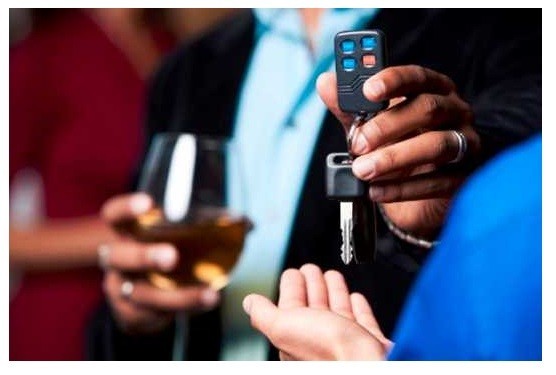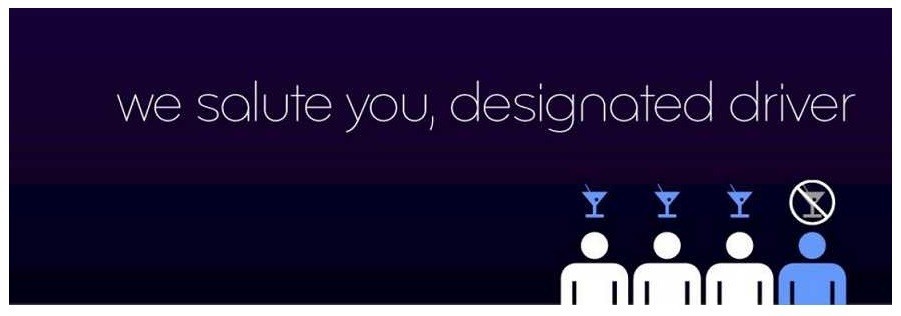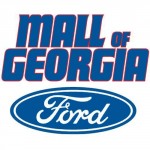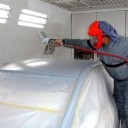The History of the Designated Driver

When you hear the words "designated driver"--what do you first think about? Maybe you've had a bad experience being a designated driver or possibly a designated driver decided to get drunk and left you high and not-so-dry? But, do you know the origins of the designated driver and how it has become so prevalent over the years?
For drinkers and non-drinkers alike, all of us at Mall Of Georgia Ford Body Shop are going to give you the 411 when it comes to the shaky history of the designated driver.
The term “designated driver” is fairly common in most American homes today. But you may be surprised to learn that it is a relatively new concept in this country.
It All Started in College
According to "The History of Designated Driving", the idea of the designated driver actually originated in Scandinavia in the 1920s. In the United States, the Harvard University School of Public Health’s Center for Health Communication laid the groundwork for bringing designated driving into the fast lane in 1988. That year, the Harvard Alcohol Project was launched to show how the concept of the designated driver could challenge popular social conventions of drinking and driving. The Project partnered with major Hollywood studios and television broadcast networks ABC, NBC and CBS to release a series of public service announcements aimed at drunk driving prevention. The Project garnered national praise and attention.
The Media and the Government Got Involved
The Project expanded its partnership with Hollywood and the TV industry when popular shows like “Cheers” and “The Cosby Show,” began writing messages of drunk driving prevention and referencing designated drivers in their scripts. Leaders in government, including President George Bush and President Bill Clinton, as well as prominent figures in sports and Hollywood lent their support to the designated driving movement. By 1991, the term “designated driver” could be found in the dictionary. The national conversation on the effects of drinking and driving was at an all-time high, while alcohol-related traffic fatalities were at an all-time low. The message resonated loud and clear with Americans, according to the Alcohol Project's website.
 Designated Driving Does Save Lives
Designated Driving Does Save Lives
The Alcohol Project’s success in bringing the concept of a designated driver into American consciousness is further evidenced by the number of lives that were saved. In 1988 when the Project began, alcohol-related fatalities were at a staggering 23,626 nationwide. By 1992, that number had dropped 24% to 17, 858, and by 1994, the number dropped again. It is estimated that over 50,000 lives were saved between 1988 and 1998.
So, if you are ever a designated driver--either here in Buford, in the state of GA or anywhere else in the USA, you deserve some kudos any major respect. But, if you were a designated driver but decided to break the code and imbibe--please think twice the next time around.
Sources: The History of Designated Driving, NHTSA and The Alcohol's Project









Social